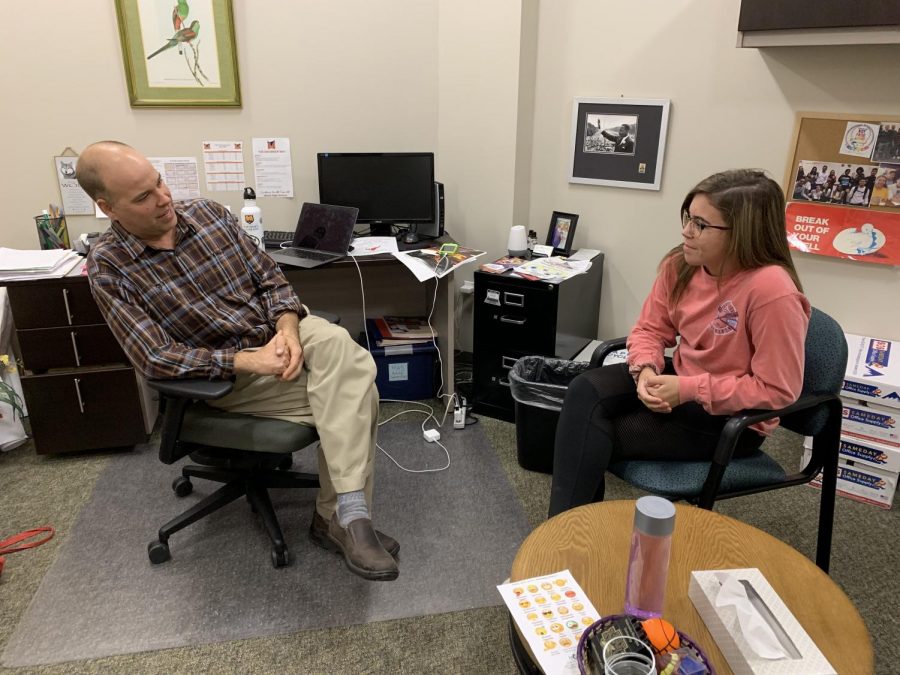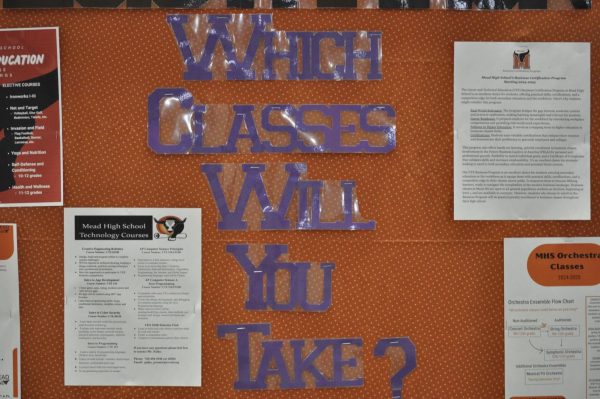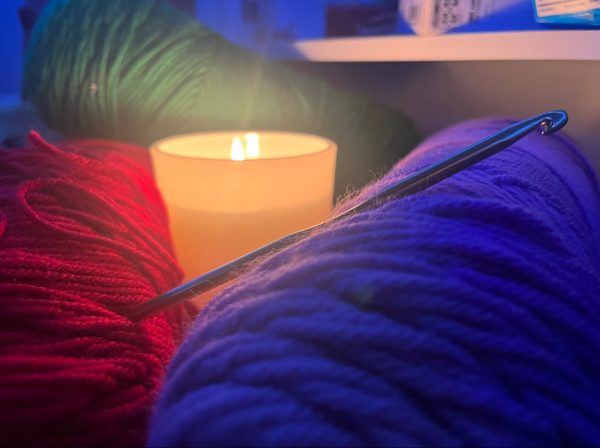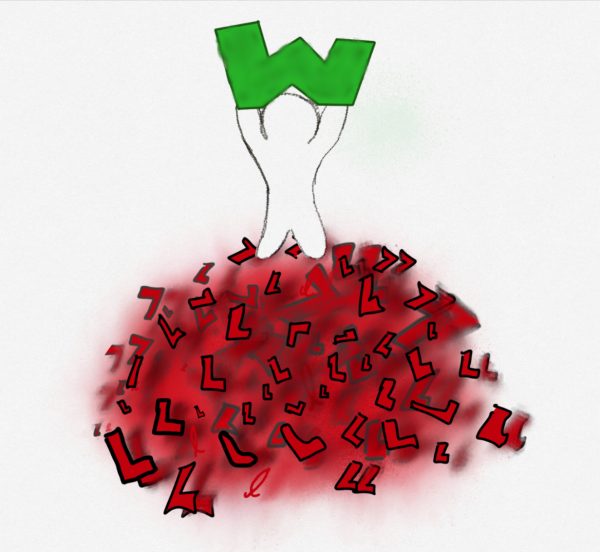Where students can go for help with mental health
MHS does not only have academic counselors who step in for mental health care but employs a special counselor specifically for mental health named Pedro Linsenmeyer.
School counselor Pedro Linsenmeyer poses with student Izzy Cox (’20).
“Mental health” is possibly the broadest term in the world. It includes anxiety, depression, suicidal thoughts, eating disorders, self-harm, attention disorders, and many, many more conditions.
This is a sensitive and heavy topic for many. Because of that, a lot of people choose to not address or talk about their mental health. Staying silent is a serious problem. Cooping those things up inside of you can be very damaging and can lead to even more issues in the future. So if you are experiencing any mental health issues, I strongly advise you to get help.
Now, I know that as high school students, you’ve heard this advice too many times to count. So I do believe that students know that they can get help. But I find that the biggest issue is that students don’t know where to go. Yes, you can go to your parents. Yes, you can go to your teachers. Yes, you can go to your counselor. But typically, none of these people are actually trained as mental health specialists. There is one person in Mead High School that is thoroughly trained in mental health. And that person is Pedro Linsenmeyer, MHS’s mental health specialist.
When Linsenmeyer was asked to describe his job, he said, “I am an additional school counselor that supports students with any social or emotional or personal or familial needs.” He continued by saying, “My job… is to create a private and non-judgemental space here in my office.”
Linsenmeyer generally sees anywhere between 5 and 20 students every day, some meetings being longer and more intense when they involve parents or other counselors.
Linsenmeyer is at the school every Tuesday, Wednesday, and Thursday. While his availability is limited at times, he wants to make it clear that his door is “always open”. He may be in meetings, and it can be difficult to track him down; however, he will follow-up.
I know that for myself and many of my peers, it seems obvious that we go to our academic counselors if we are having emotional and social issues. This works, of course, but Linsenmeyer is an additional counselor that was specifically hired to help with these challenges.
Linsenmeyer explains that he is a “licensed school social worker” as opposed to a “licensed school counselor”, meaning that he specifically works with anything on the mental side of counseling. However, he was previously an academic/career counselor here at MHS, so he is also licensed for academic assistance and career development work.
Linsenmeyer also commented on the Sources Of Strength (SOS) program here at MHS by saying, “[When students come to me]… I go back to the Sources Of Strength. I ask them, what are your Sources Of Strength? And how can you utilize those in the moment?”
He said, “So I encourage students to recognize their strengths and keep using those strengths as a platform to stay [mentally] well.”
So again, if you are having issues with mental health, please get help. Linsenmeyer is an incredible source for these types of issues.
You are not alone, and MHS cares about you.
Your donation will support the student journalists of Mead High School. Your contribution will allow us to purchase equipment and cover our annual website hosting costs.
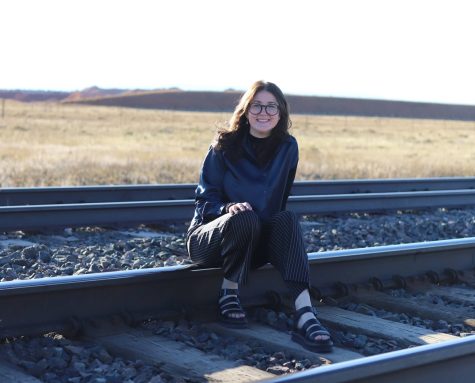
Arizona Lee is a senior, and this is her second year as Editor-in-Chief of The Mav. She enjoys reading, listening to good music, and spending time with friends. She hopes to guide the student newspaper and broadcast this year to continued success.

